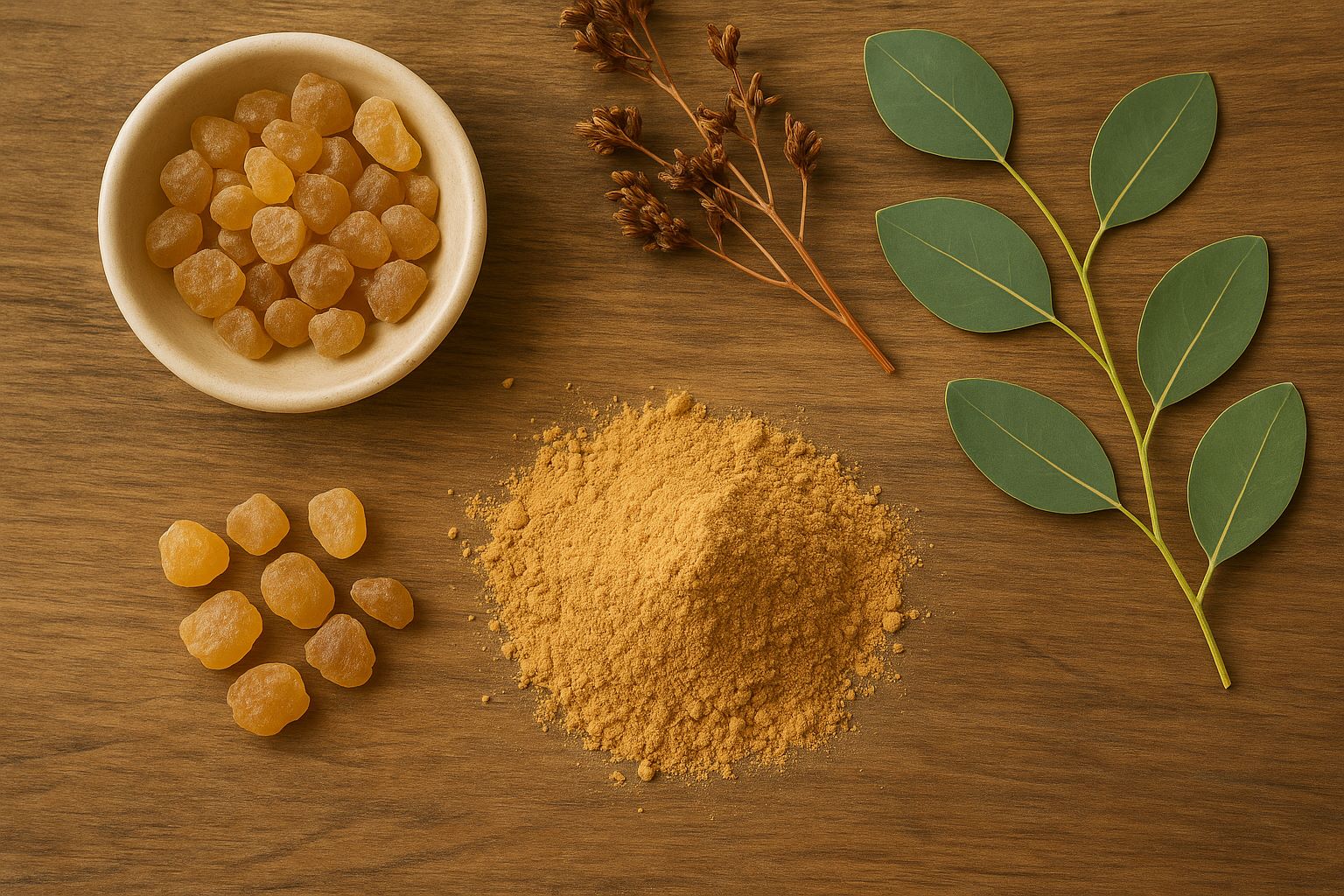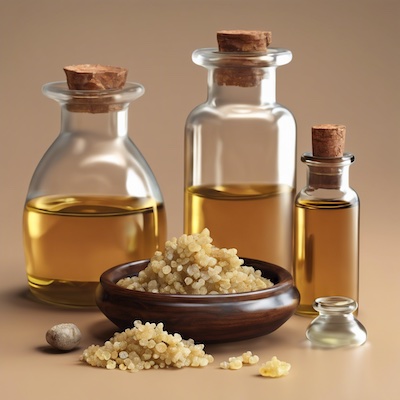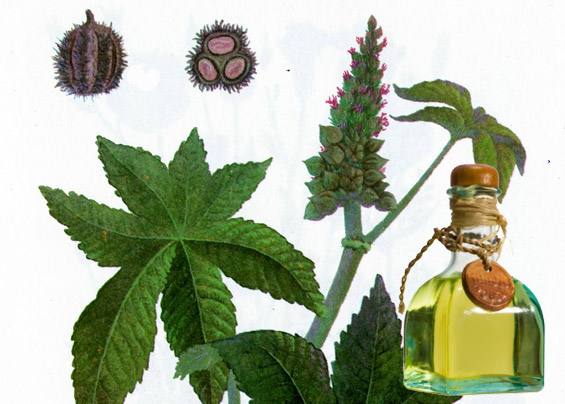Ring in the New Year with these healthy lifestyle changes and say hello to less pain in 2020.
The start of a new year is always a great time to think about making positive lifestyle changes — including those that can help you better manage your arthritis.
If you can make them part of your everyday life, these simple steps can be very effective in reducing joint pain, and they'll boost your overall health as a bonus.
They may even make it possible to cut back on your arthritis medication.
Here are the resolutions that will give the most bang for your buck.
Improve your diet.
“We know this is the one thing people can do to improve osteoarthritis that doesn’t require medication,” says Scott Zashin, MD, a board-certified rheumatologist and internist in Dallas, Texas.
Having an ideal body weight lowers the amount of pressure your joints are dealing with, and this reduces arthritis pain. Adding more fruits and vegetables wherever possible and cutting back on fatty meats are two changes that can lead to weight loss. In addition to losing weight, this type of diet may reduce inflammation, which can be good for arthritis pain.
“There are foods considered to be anti-inflammatory, like some fruits and vegetables, while fatty meats are pro-inflammatory,” Dr. Zashin says.
Start exercising.
Many people think that because they have osteoarthritis they shouldn’t — or can't — exercise. But the opposite is true, says Zashin: “Exercise is good [for those] with osteoarthritis because it strengthens the supporting tissues of the joint.”
This reduces the stress being put directly on the joint and is better for arthritis pain. The muscles that need to be strengthened will differ depending on which joints have arthritis. Check with your doctor about physical therapy to learn the specifics for your joint pain. In the meantime, Zashin recommends exercises that don’t stress joints, like cycling and swimming, to stay active and free from arthritis pain.
Try alternative medicine.
With so many side effects from long-term medications, many people look to alternative therapies for arthritis pain. That's not a bad idea, says Zashin.
Alternative therapies are worth a try — if they work, that’s great, and if not, no harm done. He recommends glucosamine sulfate for non-prescription relief. “It can be rather expensive, so I say try it for three months and stop if there’s no pain relief,” he suggests. You can find these supplements at your local pharmacy.
Get more sleep.
“Sleep’s key — if you’re tired and not feeling well rested, you’re going to be more likely to make poor health choices," Zashin says. All of the other positive lifestyle changes, like getting more exercise and eating a healthier diet, tend to go out the window when you get run down, which will make arthritis pain worse.
“Those deprived of sleep can have increased pain — we know this from studies on fibromyalgia,” Zashin explains. The bottom line on sleep is that you should feel rested when you wake up and not too drowsy throughout the day. Be sure to see your doctor if you think you might be having trouble sleeping.
Find support.
It might seem obvious to some, but many people want to be independent and may even resist asking for assistance. Zashin recommends getting help with physical tasks and pacing yourself in general.
“Most patients will have good days and bad days,” he says. “When you have a good day, don’t feel like you have to do everything.” Next time the grocer offers to help you with your bags, for instance, show him to your car. Those moments of rest can prevent hours of arthritis pain later on.
Cut back on stress.
Not everyone can prevent stress — it’s a part of all of our lives. The key, according to Zashin, is learning how to deal with it. He recommends looking for positive outlets for stress like prayer, meditation, or yoga.
It’s important, he says, because stress has many negative effects, like decreasing the amount and quality of the sleep you get. Stress can aggravate pain and make you less likely to do healthful things to maintain a good lifestyle, he notes. Use social time, like having lunch with friends, or solo meditation to lower your stress and minimize the impact that arthritis has on your life.
Key takeways
You may be able to reduce arthritis flares by eating more anti-inflammatory foods like apples, chestnuts, and pears.
Other ways to reduce arthritis symptoms include finding support, trying supplements, and cutting back on stress.
Source: everydayhealth.com







